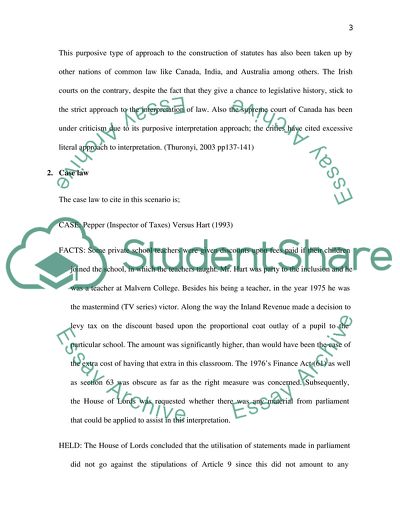Cite this document
(The Roles of the Following in the UK Taxation System Essay, n.d.)
The Roles of the Following in the UK Taxation System Essay. Retrieved from https://studentshare.org/macro-microeconomics/1729800-uk-taxation
The Roles of the Following in the UK Taxation System Essay. Retrieved from https://studentshare.org/macro-microeconomics/1729800-uk-taxation
(The Roles of the Following in the UK Taxation System Essay)
The Roles of the Following in the UK Taxation System Essay. https://studentshare.org/macro-microeconomics/1729800-uk-taxation.
The Roles of the Following in the UK Taxation System Essay. https://studentshare.org/macro-microeconomics/1729800-uk-taxation.
“The Roles of the Following in the UK Taxation System Essay”, n.d. https://studentshare.org/macro-microeconomics/1729800-uk-taxation.


